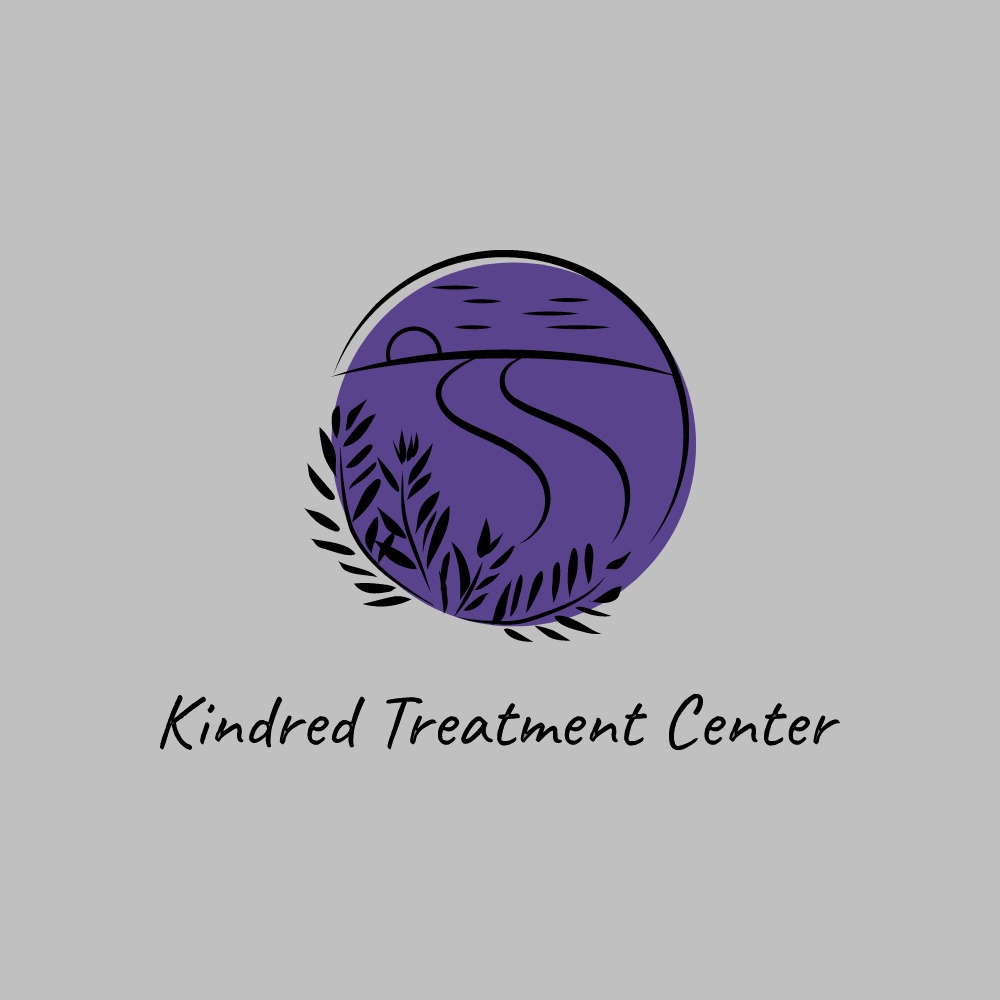Parenting with Compassion: Creating a Safe and Supportive Environment for Teens
Navigating the teenage years can be challenging for both parents and their adolescents. It is during this crucial stage of development that teens encounter various struggles and temptations, including the risk of addiction. To address these challenges, it is essential for parents to foster a safe and supportive environment for their teens to navigate these waters. This article explores the importance of parenting with compassion and how it can aid in Addiction Treatment.
Creating an open line of communication is vital in shaping a safe and supportive environment for teenagers. Teenagers go through numerous emotional and physical changes during this time, and being empathetic and compassionate can go a long way in their development. Listening to their concerns without judgment allows teens to feel understood and safe expressing their emotions. Moreover, parents should encourage open conversations about the potential risks of addiction and the importance of making responsible decisions.
To effectively address the issue of addiction, parents should educate themselves about the signs and symptoms. Being knowledgeable about addiction treatment options is crucial. Parents can stay updated on current research, attend informative workshops or discussions, and even seek professional advice to ensure they are well-informed. This knowledge equips parents to provide accurate information to their teens and guide them in making informed choices.
Parents should also focus on building a strong support network for their teenagers. Encouraging them to develop healthy friendships and engage in extracurricular activities can help reduce the risk of addiction. Encouraging participation in sports, art, or other hobbies that interest them gives teens an outlet to express themselves and build a sense of belonging. Additionally, parents should prioritize spending quality time with their teens, engaging in activities they both enjoy. This can strengthen the parent-child bond and serve as a protective factor against addiction.
Being vigilant and recognizing potential signs of addiction is crucial for early intervention. Adolescents might exhibit changes in behavior, mood swings, withdrawal from family and friends, declining academic performance, or relationships with substance-abusing peers. By being attentive, parents can spot these warning signs and seek appropriate addiction treatment promptly. Seeking professional help from addiction specialists or counselors is advisable in case of suspected addiction.
It is important to remember that addiction is a complex issue, and parents should treat it with sensitivity and compassion. It is essential to avoid blame or punishment, as this can deepen the divide between parents and their teenagers. Instead, parents should approach addiction treatment with empathy and understanding. Offering support and encouragement throughout the recovery process is essential for long-term success.
Parenting with compassion and creating a safe and supportive environment for teens is crucial in addressing the issue of addiction. By fostering open communication, educating themselves, building a strong support network, and being vigilant for signs of addiction, parents can effectively guide their teenagers towards a healthier and happier future.
In conclusion, parenting with compassion is key to creating a safe and supportive environment for teens. By implementing this approach, parents can better assist their adolescents in navigating the challenges they face, including the risk of addiction. Providing a nurturing environment where open communication, emotional support, education, and early intervention are prioritized can significantly contribute to addiction treatment and prevention among teenagers.
************
Want to get more details?
Kindred Treatment
https://www.kindredtreatmentcenter.com/
410-861-0066
3000 Manchester Road Suite B
Outpatient Treatment Center offering mental health therapy, medication management, and addiction treatment including IOP, evaluations, and DUI education.












